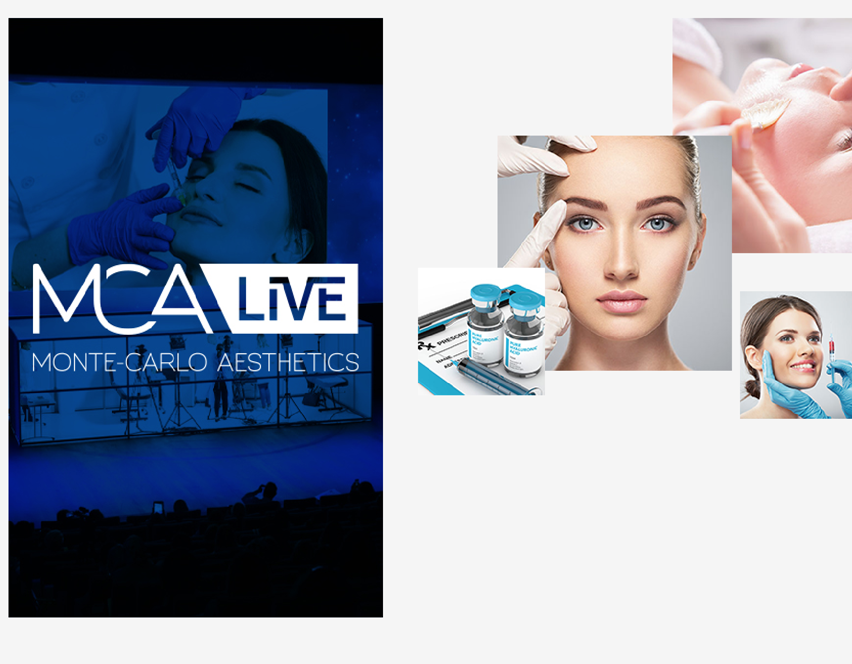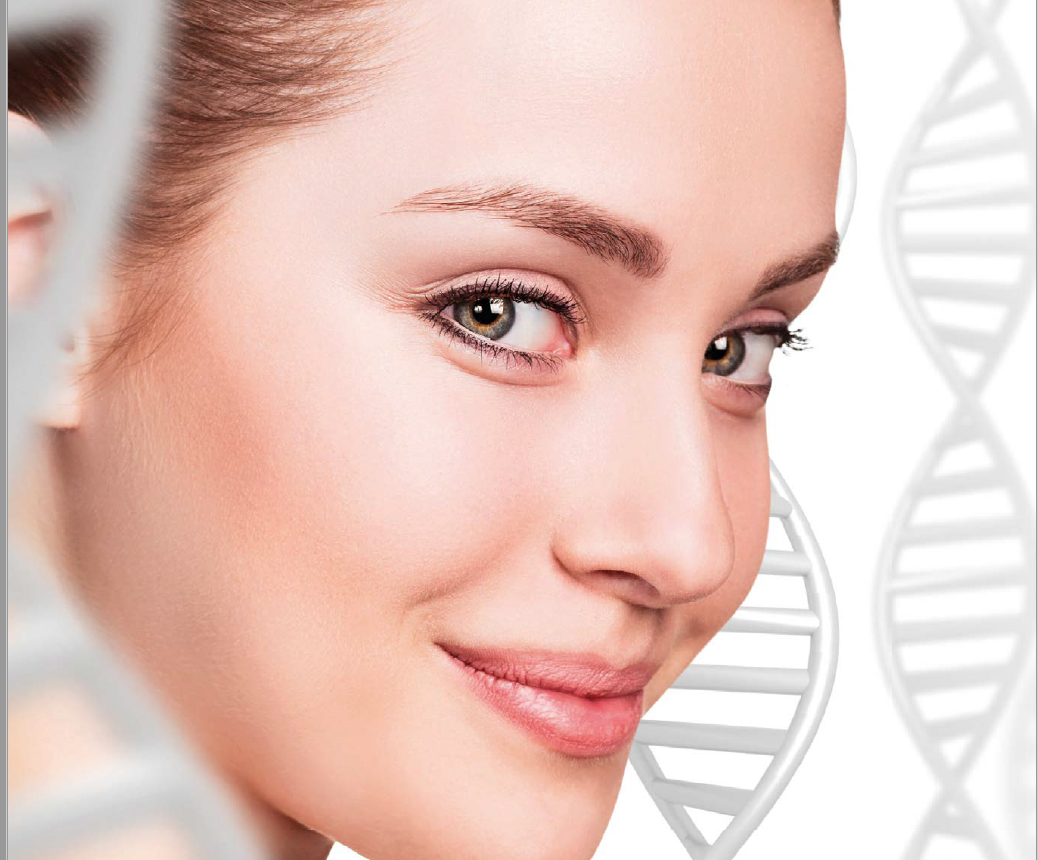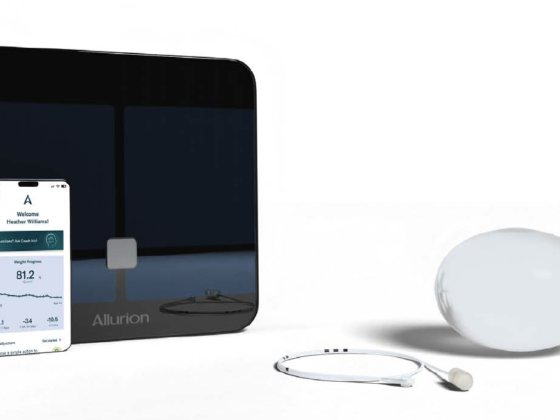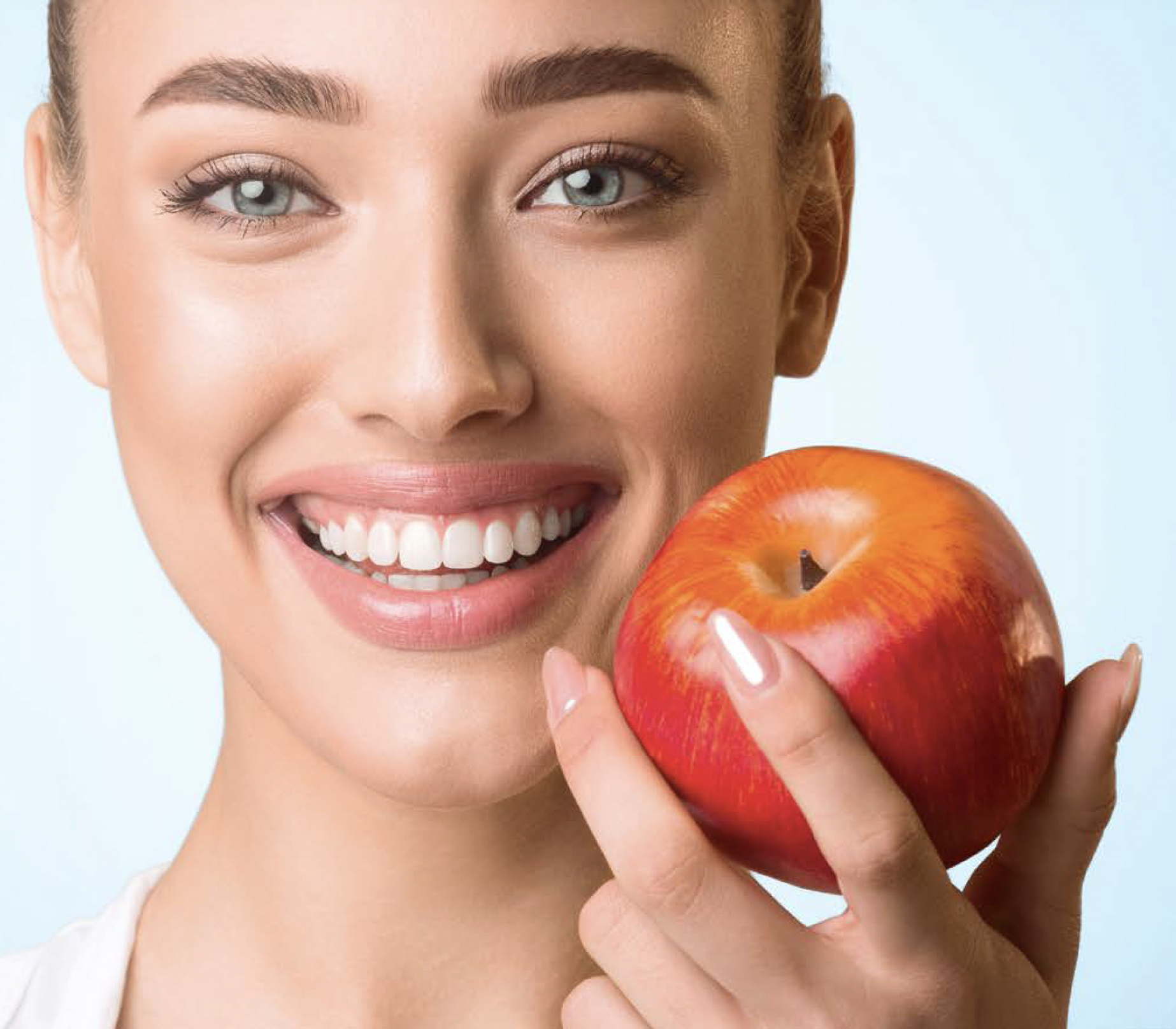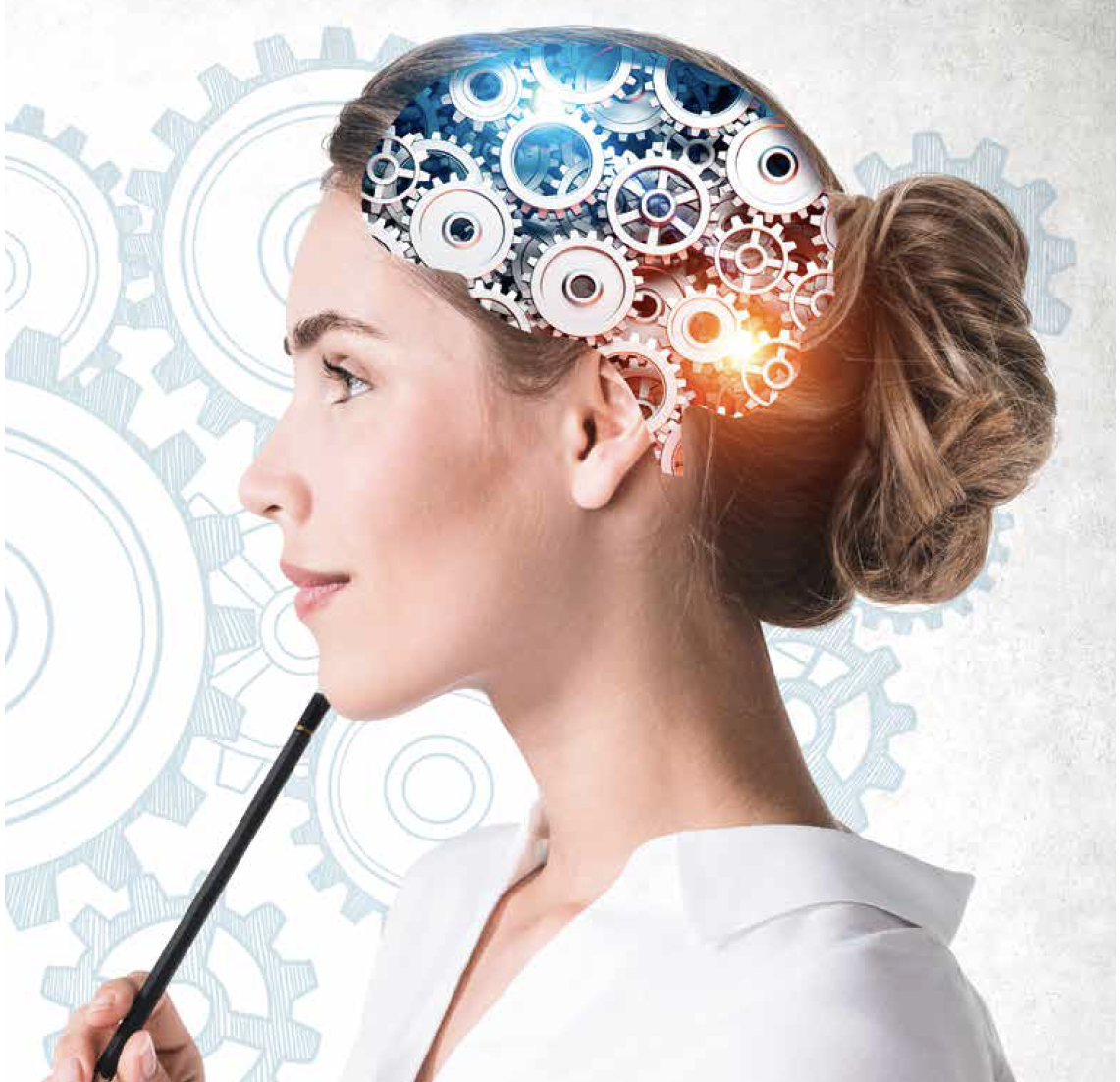By Dr Isabelle Meurgey
Ever since the Nobel Prize was awarded to a team of Australian and American researchers ten years ago for their discoveries about telomerase (an enzyme that makes telomere DNA), a number of studies have been carried out regarding the factors that influence gene expression. The findings have led to a new paradigm: making patients responsible for their own health by modifying their daily habits.
Illness is no longer a fatality
 Epigenetics plays a vital role in regulating gene expression. For example, a study that looked into Arizona’s Pima Indian tribe showed that, when they adopted a sedentary lifestyle and consumed a lot of sugar and fat, they became obese and diabetic to an alarming degree, whereas their ancestral way of life had kept them healthy for centuries.
Epigenetics plays a vital role in regulating gene expression. For example, a study that looked into Arizona’s Pima Indian tribe showed that, when they adopted a sedentary lifestyle and consumed a lot of sugar and fat, they became obese and diabetic to an alarming degree, whereas their ancestral way of life had kept them healthy for centuries.
It is therefore environmental factors, as well as emotions, that influence our non-coding DNA, the famous junk DNA that constitutes 90% of our genetic make-up. These factors act like switches that turn gene expression on or off, which then inhibits or promotes the development of illnesses. Patients become responsible for their own health, as it is a consequence of their behaviour and even their beliefs. We are now able to alter the programme we have inherited, meaning that our genetic fate is no longer inevitable.
A new kind of doctor
The role of an anti-aging doctor is to encourage their patients to adopt healthy habits so that their biological and neurophysiological systems are well-balanced, with the aim of preventing disease. When rolling out this new paradigm, doctors might refer to hormesis, i.e. using the body’s natural defences against external stress to trigger its reparative and regenerative processes. Fasting, cryotherapy and saunas are all hormetic methods that strengthen the body’s defences, based on the principle of “what doesn’t kill you makes you stronger”.
Lifestyle medicine is born
How can we modify our DNA for the better to improve our physical and mental health? Primarily through what we eat, by favouring a Mediterranean diet, which is anti-inflammatory, rich in antioxidants and good fats, low in animal protein, low-calorie and rich in micronutrients. This, ideally organic, diet can be enriched with nutritional supplements – prescribed as part of a personalised plan – the most useful of which are magnesium, vitamins D, E, K, C and B, Omega 3, resveratrol, selenium, coenzyme Q-10 and glutamine. One of the most useful habits to adopt is intermittent fasting, when you leave 16 hours between meals. Clinical studies have shown rapid results: boosted energy levels, weight loss, a feeling of lightness and vitality. Medically-monitored longer-term fasting can improve depression, metabolic illnesses and cardiovascular problems, and can lengthen the telomeres. Toxic environmental products can also affect gene expression and should therefore be avoided: endocrine disruptors, pesticides, heavy metals, tobacco, electromagnetic waves, etc. Physical exercise, meanwhile, helps to preserve muscle mass and bone density, improves circulation and immune and anti-inflammatory defences, and boosts endorphin production. There is no need to spend your life in the gym: a 25-minute energetic walk per day is enough. With regard to mental health, stress management with cardiac coherence, mindful meditation for 5 to 10 minutes per day, neuro-feedback techniques and yoga have all been the subjects of clinical studies to evaluate their positive effects on the brain waves. Intuitive hypnosis is another personal development tool that helps patients to overcome any trauma and rid themselves of negative emotions. Qualified hypnotherapists can help repair any psychological wounds and hypnotherapy sessions boost the patients’ wellbeing, serenity and self-esteem.
The epigenetics revolution is bad news for patients who are looking for a miracle cure and who are reluctant to take an active role in their health, as it is proof that we can fight aging and illness by changing our lifestyle. This type of integrative medicine makes the patient more aware of their body and teaches them to listen to and respect it, leading to inner peace and serenity.
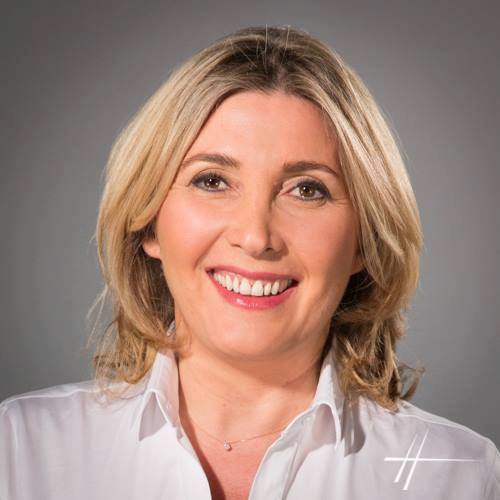 Doctor of anti-aging and cosmetic medicine. Graduate of the Rouen medical faculty. Has specialised in preventative and performance medicine since 1997. Permanent member of the French Society of Aesthetic Medicine. Diplomas in Micronutrition, Auriculotherapy, Hypnosis.
Doctor of anti-aging and cosmetic medicine. Graduate of the Rouen medical faculty. Has specialised in preventative and performance medicine since 1997. Permanent member of the French Society of Aesthetic Medicine. Diplomas in Micronutrition, Auriculotherapy, Hypnosis.

